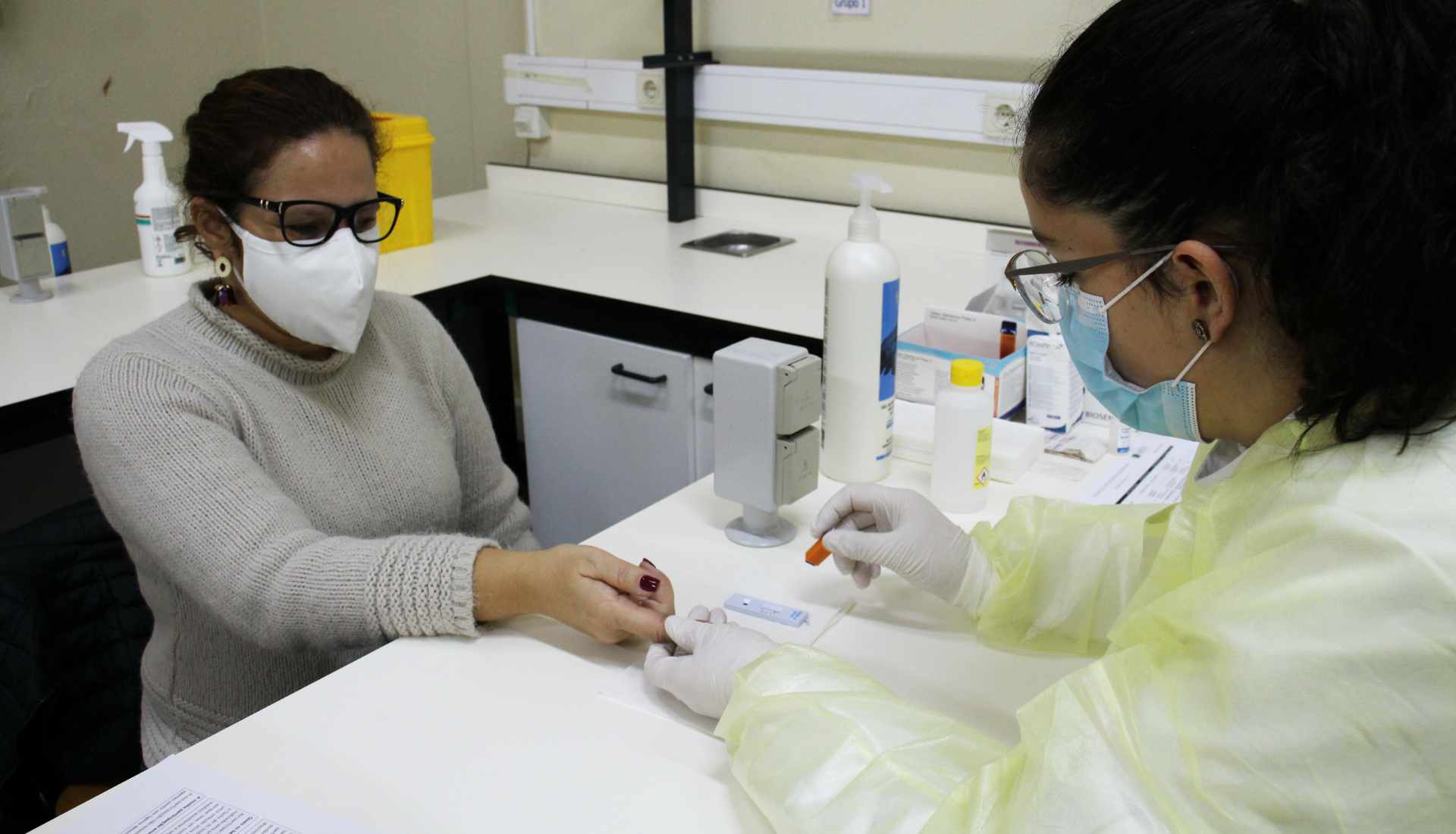A study by the Instituto de Saúde Pública da Universidade do Porto (ISPUP) analyzed the doubts, concerns and fears of the Portuguese population, during the first month of the COVID-19 pandemic in Portugal, through questions submitted by citizens in some national forums.
The study concluded that the content of the questions asked evolved overtime, following the course of the pandemic and the measures implemented by the Portuguese Government. The large number of questions about modes of transmission and prevention of the disease, may demonstrate that the information conveyed by the health authorities did not reach the population effectively.
The investigation, recently published in the journal Patient Education and Counseling, analyzed 293 questions submitted by Portuguese citizens, in forums open to the public about COVID-19, between March 4th and April 3rd, 2020.
The questions posted on the ISPUP Forum on COVID-19, on the forum of the newspaper PÚBLICO, on the Rádio Renascença forum and on the Ask Me Anything created by Rádio Renascença on the social network Reddit, as well as on the forum of Porto Canal were analyzed.
Citizens’ doubts and concerns
During the first month of the pandemic, the doubts submitted by citizens were more focused on the disease and the virus, namely, on its mode of transmission, symptoms, diagnosis, treatment and lethality. There were also doubts about the ways to prevent transmission and what to do in case of symptoms.
As for the concerns, they were more related to the protection of at risk groups, with ways to prevent the transmission of the disease, during day-to-day activities, and in knowing how to proceed in case of isolation and quarantine.
The content of the questions asked evolved during the period under analysis, due to the course of the pandemic in the country and the restrictive measures that were being implemented by the Portuguese Government.
Possible explanations
The article stresses that, although it is normal to have doubts, concerns and unresolved issues, in a context of uncertainty such as that of a pandemic, the large number of doubts that have emerged on the forums on “basic” issues related to, for example, transmission and disease prevention, may demonstrate that the information conveyed by health authorities on these matters did not reach the population effectively.
In fact, despite the efforts by health authorities to produce various materials to inform citizens about the pandemic, the strategy followed may have failed to reach the entire population, especially groups that have low levels of literacy and that do not have Internet access.
Likewise, there is the hypothesis that individuals may have had contact with COVID-19-related information, but the low trust in the governmental institutions may have limited trust in the information conveyed by them.
However, it should be stressed that asking questions in these types of forums may also be related to the need to confirm ideas and perceptions or to clarify rumors and fake news.
For Teresa Leão, one of the authors of the study, coordinated by Henrique Barros, “it is perfectly normal for citizens to have doubts and concerns about a new disease and to want them clarified, especially in a pandemic context. It is also natural that the health authorities take some time to deal with the population’s doubts and that, even though there are informative materials on the subject, in the first phase questions remain unanswered”.
“Even so, we believe that there is room for improvement, as we realized, through the various questions that were asked, that there was information on essential aspects that was not reaching the population. It is important that citizens have access to information, that they feel it is credible and that communication strategies are sufficiently persuasive to make people change their behavior”, she adds.
The study is entitled What doubts, concerns and fears about COVID-19 emerged during the first wave of the pandemic?. The researchers Mariana Amorim and Sílvia Fraga also participated in the study which is available HERE.
Imagem: Pexels/Miguel Á. Padriñán



